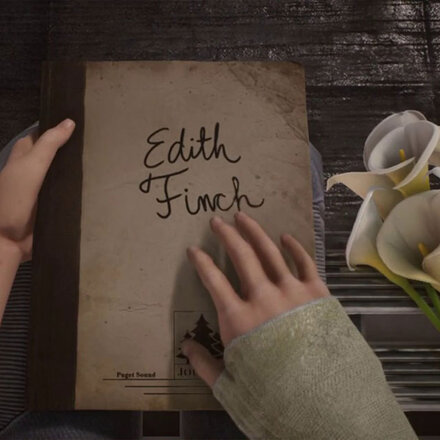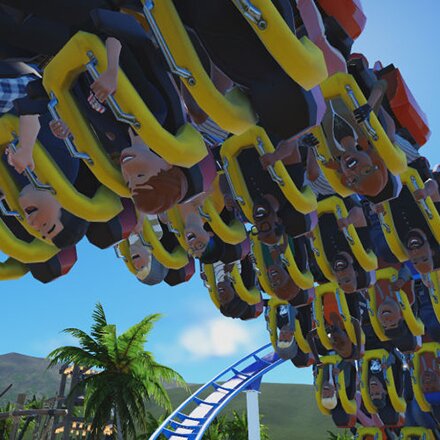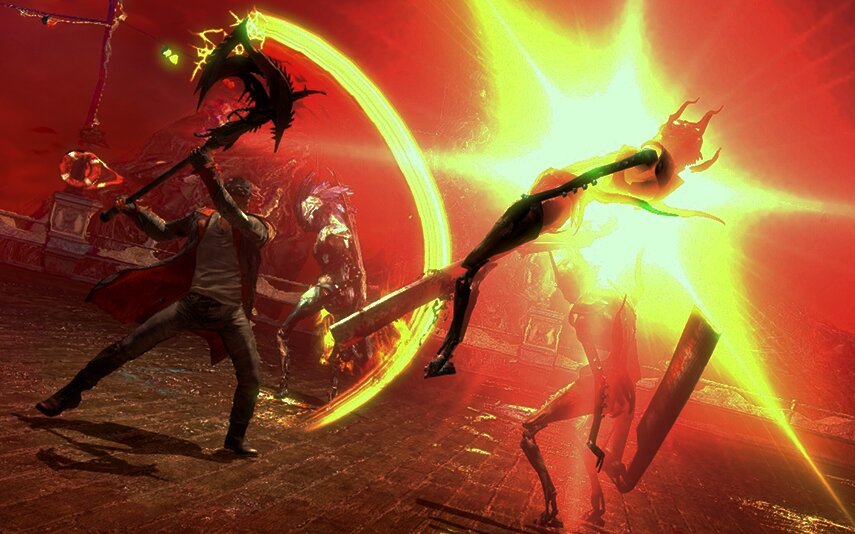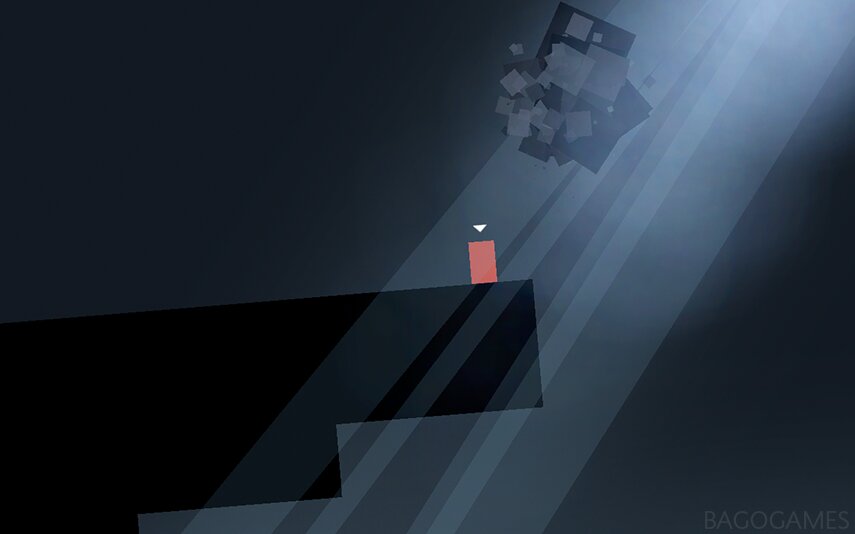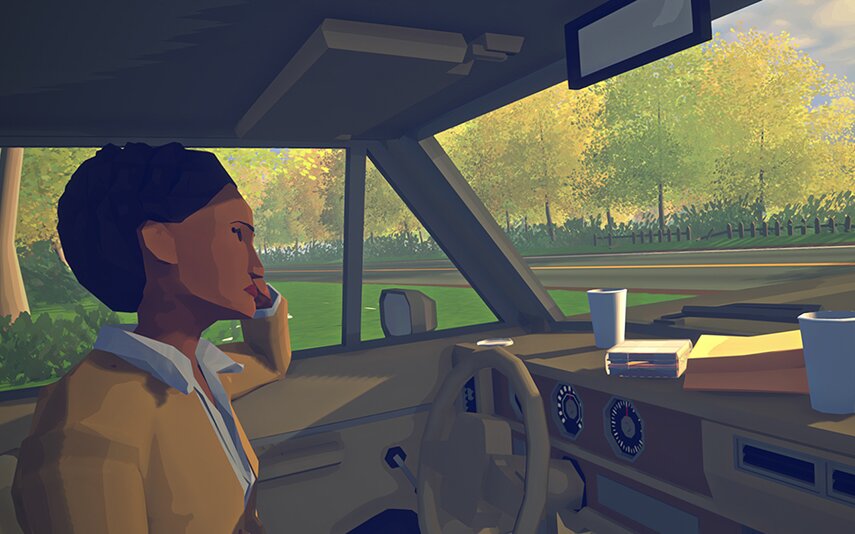What was your first experience with video games?
My dad introduced me to games when I was really small. I remember playing with him on our Amiga, games like Dungeons & Dragons and Monkey Island before I could even read. It wasn’t long till I had my own Game Boy and Sega Master System…all of the consoles! I’ve been into games since.
When did you first decide you wanted to work in the games industry, and how did you decide what area you wanted to work in?
I actually have a really old Disney FunFax from primary school where I’d written in the jobs section that I wanted to make computer games. Apparently I’d always said it since a young age, I don’t even know when I made the decision but it was clearly early on. When I was in secondary school I didn’t really know which area to work in or how to get there. My school was an all-girls school that didn’t even consider games as a career. We did one of those big questionnaires that tells you the job for your future, and careers in games weren’t even on there.
I knew I really wanted to go into games, but the games courses I was looking at weren’t very strong academically at the time. I didn’t see it as transferrable either, so I wouldn’t necessarily be able to do anything if I couldn’t get into games. Instead, I did a degree in Physics and Space Research, at the University of Birmingham. They taught programming there, and I was also employed as a graphic designer at a small company while I was studying. So I was learning programming and art while at University, but I still wasn’t sure how to get into games. This is back in 2007.
Thing changed when David Walsh from Frontier attended one of our career open days, and I said to him something along the lines of ‘I’ve done rocket science and graphic design, I want to make games’. He encouraged me to take a tour of their studio to decide my career path as I still had no idea. The guys at Frontier were the ones who introduced me to the role of game designer and then I knew what I wanted to do. They even offered me a role without a design interview, probably because I was making lots of comments on their games and the design while I was on the tour. I was very fortunate, but at the same time I was increasing my range of skills, whilst obviously still being passionate about games.
As a game designer, what is your day to day work like?
First of all, it’s not really a day-to-day it’s kind of all-day every day. It’s more of a lifestyle choice!
It can be a very large range of activities such as paper design, research (by playing games, watching talks etc.), watching how people are responding to my game, actually making things. Basically, get your hands dirty because when you’ve got code, audio and everything else coming together, it needs to all work like a jigsaw puzzle.
As an indie developer, I have to do a lot of the art, audio and code myself. This is as well as being the producer, arranging the tasks that need to be done and who’s going to do what. Also, when it’s your own studio it means all the business stuff falls on you too. This includes promotion, accounting, business development, web design or fixing broken PCs!
What would you say to someone considering game design as a profession?
This is specifically for game designers, but remember that anyone can come up with a cool idea, not just you. You can’t be just an 'ideas' person because it’s not fair on the rest of the team. You have to actually engineer a full design, which means thinking the idea through, working out what resources you’re going to need, and highlighting any technology issues or problems the player might find. It needs to be detailed and thought through. It’s also really important to iterate your design and test it, even with paper designs and counters.
Do you have 3 top tips for people who want to work in the games industry?
My top one would be to play games. All games be they good or bad and write down how to improve the game as you critically analyse it. The process of writing it down means you can look back at them and figure out why certain games might be better than others.
Secondly, start making games right now. It’s never been easier with guides everywhere on YouTube as well as the free software available from Unity, there’s even some for kids like Scratch. Even making something simple such as pong or snake can be very empowering and then you can build upon it.
Thirdly, try and get multi-talented, or at least understand the process of each role. You don’t have to be an expert at everything but knowing your future team members and what they’re going to go through makes both your lives much easier. You can actually have a conversation about the game and maybe work out the issue together. Just the knowledge of the process and even the terminology makes everything a lot easier.
Can you talk about your current projects?
Sure, at the moment I’m working on a Gear VR game called Smash Hit Plunder, where you have to run around the dungeon and collect as much treasure as possible in the time limit, making a mess and having fun. It’s currently on the Gear VR store as a demo. We’re also looking at other platforms too.
Ok so to finish off looking into the future, what does 2015 look like for you?
Hopefully it’s the launch of Smash Hit Plunder on a platform of some sorts. That’ll be the first commercial release of a game under Triangular Pixels, so we’ll see how it goes. It’s very exciting though, forming a company, coming up with a game idea, sorting funding, with our names on the line when the demo’s released, so yeah, an awesome experience!
The BAFTA Crew Games programme is funded by Creative Skillset and run in partnership with the Wellcome Trust

